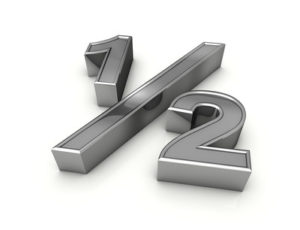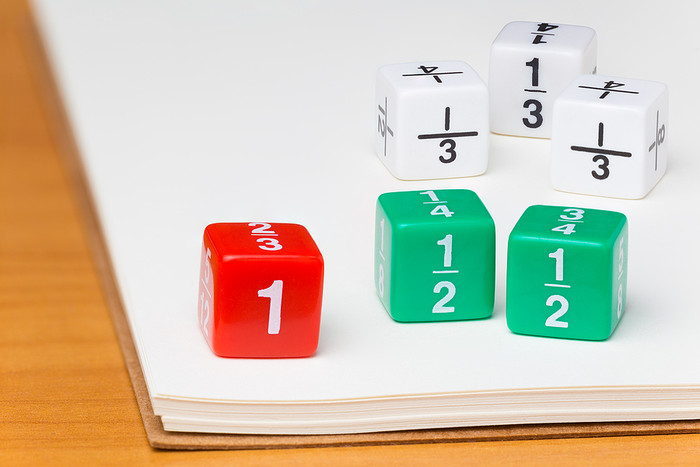 Betting is a world packed with lingo and unusual phrases and indeed many common expressions that are used in everyday life derive from the world of gambling. Phrases like “all bets are off”, “down to the wire” (deriving from the wire or tape that would be used at the finish line in horse races), and “ace in the hole” (coming from poker) are just three examples of this.
Betting is a world packed with lingo and unusual phrases and indeed many common expressions that are used in everyday life derive from the world of gambling. Phrases like “all bets are off”, “down to the wire” (deriving from the wire or tape that would be used at the finish line in horse races), and “ace in the hole” (coming from poker) are just three examples of this.
Odds on, sometimes written as odds-on, is very much a gambling phrase and whilst it has entered common parlance to mean that something is very likely to occur, here we will focus on what it means on home turf, the world of betting.
Odds On: Literal Meaning
If you have a reasonable degree of understanding about odds and betting, our job here is very simple: odds on simply means that the odds for a given selection are shorter than evens. So if a horse is even money, it is not odds on. If it is 2/1, it is not odds on. If, on the other hand, it is 10/11, 4/6, or even 1/1000, it is described as being odds on.
How is the Term ‘Odds On’ Used?

When odds are written down you will usually see them transcribed as we have done above, so either side of evens you have 10/11 and 11/10. Certainly when they are displayed at a bookmaker’s shop, that is how you will see them. The former is odds on, the latter is sometimes described as odds against. However, if someone is speaking, they may not say “ten to eleven” but instead say “eleven to ten on”, the “on” at the end being short for odds on and meaning that the odds are 10/11 rather than 11/10.
Whilst that may seem a little confusing, all you really need to remember is that “odds on” means odds of shorter than evens. So if you hear someone talking about an “odds on favourite”, you automatically know that the price on that selection will be shorter than evens and any return from a winning bet will be smaller than the amount risked (but the overall winnings will include your original stake too, so you will still come out ahead).
Of course, we have used fractional odds in our example as this is the most common format in the UK. However, in Europe, on betting exchanges in the UK, and increasingly with younger gamblers, decimal odds are favoured. Decimal odds simply indicate how much you will get back from a winning bet with a single unit stake, with that figure including your stake. As such, if a horse is priced at 3.00 (decimal odds are usually given to two decimal places) in decimal odds, a £1 bet will return £3, making it the same as odds of 2/1 written in the fractional format.
That means that when it comes to fractional prices, evens is 2.00 and odds on is any price of 1.99 or lower. If a football team is priced at 1.99 to win they may be described as being “narrowly odds on” and a £1 bet will yield a net win of 99p and a total payout of £1.99.
More can be found on how betting odds work here.
Odds And Probability

The odds of an event happening and its probability are linked and if the odds you received were “fair”, with no margin for the bookie, they would directly correlate. A coin has a 50% chance of landing on heads and so odds of evens are “fair” as you will win 50% of the time and lose 50% of the time in the long term. To calculate the probability any given odds equate to (the technical term is “imply”, as in “the implied probability”) you simply divide one by the decimal price.
Evens, which is two, has an implied probability of 50% because 1 divided by 2 is 0.5. If we consider odds of 1.99, the implied probability is 1/1.99, which is 0.503. The point we seek to illustrate is that the bookie’s margin, or “vig” aside, any selection that is odds on should win more than 50% of the time. An odds on pick should win more often than it doesn’t.
Of course, some people talk about odds on favourites as if they cannot lose but this really is not the case. A horse, team or player priced at 1.99 might be expected to win 50.03% of the time (and this assumes the bookmakers are being more generous than they ever are in reality) but that still means it will lose 49.97% of the time.
In football, some punters may feel that backing over 0.5 goals is an absolute banker and cannot lose if it is priced at 1/10 (or “10/1 on” if you prefer, or 1.10 if you want to go decimal). Admittedly, such a bet should win 91% of the time (as ever, not accounting for the bookmaker’s margin) but that still means it will lose around 9% of the time.
Odds on shots lose every single day of the week, even at prices of 1/10 and shorter. So, whilst any bet that is odds on has a great chance, never assume that an odds on favourite will always win.
